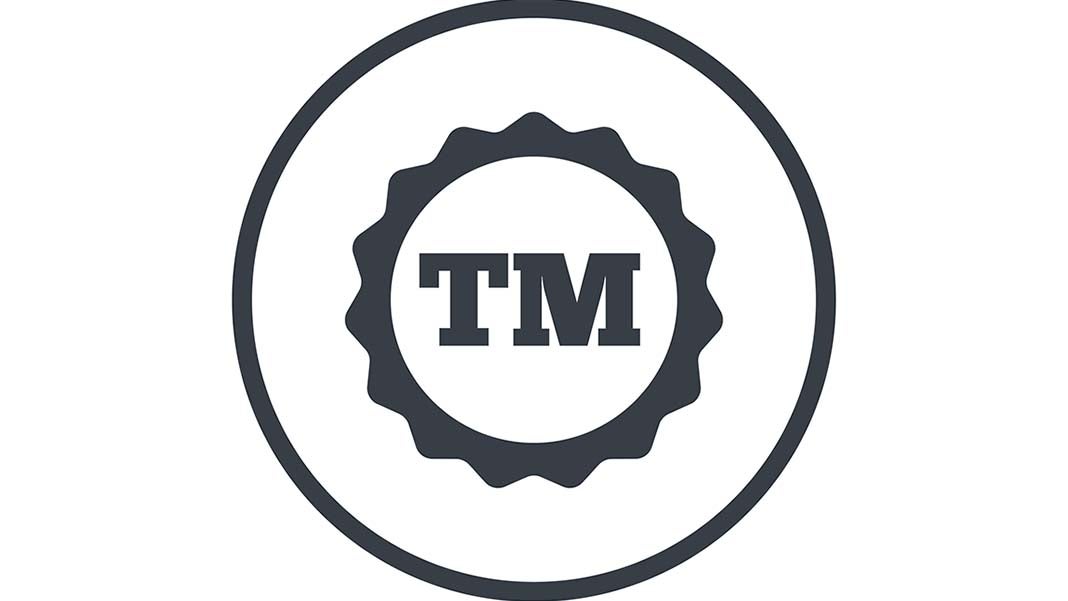
“Why join the navy if you can be a pirate?”
– Steve Jobs
A startup could be considered a simple belief—a belief that you have a new product or service that is going to revolutionize the market you’re entering. However, look in the dictionary and it’ll tell you that a startup is simply a “newly established business.”
Personally, I prefer this one. A startup is a newly established business—the thing is, it hasn’t done much business yet, if at all. Therefore, it needs to hit the ground running, with potential customers waiting outside the door if possible.
Competition is tough. With over 28 million small businesses operating in the U.S. (and that amounts to 99.7% of all U.S. businesses), the success rate—still in existence 2 years later—is around two-thirds, and only half will hit the 5-year mark.
I interviewed David N. Sharifi, an LA-based intellectual property attorney and technology attorney for startups who focuses on emerging technologies, the “Internet of Things,” federal trademark registration, and entertainment law, and asked him a few technical questions.
The first question I asked was, “What do I need to do in order to set my new startup for success?”
He answered, “To place your startup and yourself in the very best position to succeed, you’re going to need to be 100% certain that everything is in place—and one of the most important elements of this is your trademark registration. Why? Because your trademark is your brand. It’s your name and your logo. It’s how your customers can identify with you easily. It differentiates you from your competitors. It’s simply what people will type into Google to find you. Yes, it is that important.”
Here’s an example of how important a trademark is:
The SciFi Channel decided to freshen up its image and announced its new trademark: SyFy. Apparently chosen because that’s how young people would text it, SyFy is actually a slang term for syphilis. It’s very unlikely that any marketing guru worth his salt or not would advocate associating your brand with a sexually-transmitted disease.
Throughout my interview with the attorney and extensive research I also learned that whether you have managed to acquire investment from outside sources, or you’re bootstrapping (it’s all coming out of your pocket, in other words), your trademark can make you or break you—it’s that simple.
Without further ado here are 5 expert tips for trademarking your startup:
Careful Creativity
The best trademarks are simple, obviously unique, and easily identified. Once you have an idea of one, you need the best due diligence to ensure it exists nowhere else. Get this step wrong, and legal problems will consume you and your startup. It is crucial your trademark is brand new (literally) and 100% unique.
Do Your Research
Time to Google. Search for your trademark name as thoroughly as you can (think SyFy), and ensure there are no negative connotations. You can use Markify, a free trademark search tool covering the U.S. and Europe, to ensure you’re unique. As a new U.S. startup, your next port of call will be the United States Patent and Trademark Office’s (USPTO) Trademark Electronic Search System.
Note: After your U.S. trademark application, you only have 6 months to apply for trademarks abroad, thus ensuring it will be backdated to your U.S. registration date.
Your Trademark Application
The trademark application to the USPTO begins a legal proceeding. Because of this, the more diligent startup will hire a trademark attorney like myself to ensure all or any pitfalls are utterly avoided, and your application meets all legal requirements.
Here’s an example:
Your startup needs to clearly demonstrate that you use this trademark on a commercial basis, and, importantly, across state lines, requiring the transmission of money and products/services from state to state. Both of these are legal requirements.
Seek Legal Advice
Because of a trademark’s legal status and its high level of protection, a lawyer can be essential for resolving issues that if left would significantly increase a startup’s costs and risks.
Trademark Rejections & Cancellations
After submitting your application, you now wait. Several months, in fact. It may be rejected, or, after being granted, another company can begin legal action to have it cancelled. Remember, trademark law protects both the consumer and the business.
For example, if another company is able to prove consumers will be simply confused by two similar names, your registration can be cancelled.
It’s vitally important for any new startup not just to acknowledge, but to understand fully the legal requirements of a trademark registration. These 5 expert tips—creativity, research, applications, legal advice, and rejections / cancellations—are designed to give you a part of that understanding. Remember, protecting your trademark is all about protecting your startup.
What concerns you most about trademarks?
Read more on why you should register a trademark
4411 Views












